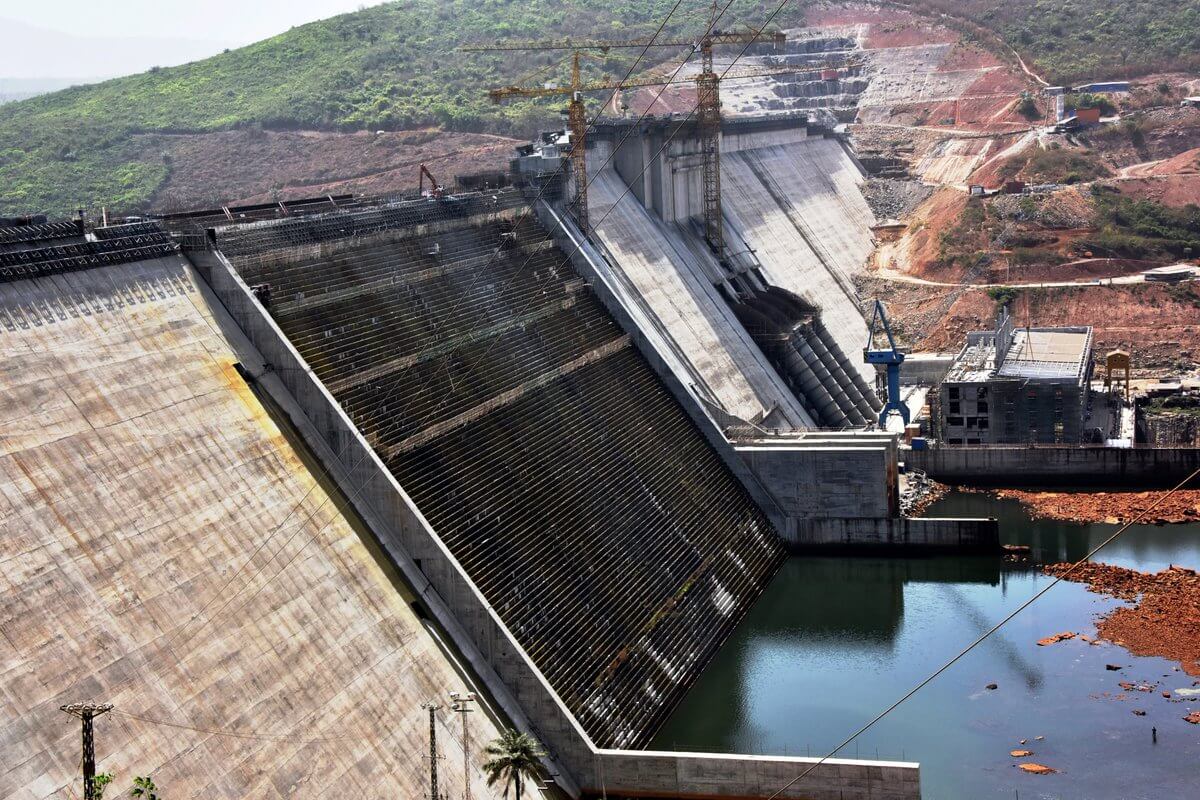Domestic Politics
Ghanaian President Nana Akufo-Addo heavily eased the country’s coronavirus lockdown restrictions in four major cities, allowing residents to return to work. However, a ban on social gatherings of more than 25 people is still in place. Schools remain closed and sport and religious meetings are still banned. [Bloomberg]
44 Boko Haram militants died of poisoning in a Chadian jail. The country’s pubic prosecutor launched an investigation into the event. 58 militants were recently captured during an army operation around Lake Chad, in which Chadian troops destroyed five Boko Haram bases in response to a March 23 attack that killed 98 soldiers. Chad’s President, Idriss Déby, claimed victory against the terrorist organization. [Africa Feeds]
The China-sponsored Soupati dam, Guinea’s largest hydropower project ever, promises increased and reliable access to electricity. However, the project could displace 16,000 people from 101 villages and flood 253 square kilometers of land. Thus far, the government has not fulfilled its promises of providing new farmland or new income sources. [Human Rights Watch]
International Relations
The African Union is seeking $44 billion in debt relief, a suspension on interest payments, and a stimulus package of $100-150 billion. While G-20 states have by and large agreed to deferrals and cancellation of interest payments, they are less willing to accede to debt cancellation. [The Africa Report]
Health
Cameroon President Paul Biya made wearing face marks obligatory during the COVID-19 pandemic. However, this legislation ignores that masks are in short supply and that prices have increased from 100 CFA francs to between 500 and 1,000 CFA francs, making the masks both inaccessible and unaffordable. [Mail & Guardian]
Africa has surpassed 20,000 coronavirus cases, with over 1,000 deaths. Egypt, Morocco, Algeria, and South Africa are the most affected countries, with over 2,000 cases each. The United Nations Economic Commission for Africa (UNECA) warns that these numbers could rise drastically over the coming weeks as testing increases. [Africa News]
Economy
The International Monetary Fund (IMF) projects that South Africa’s economy will contract by at least 1.6% in 2020, the country’s lowest growth figure since 1970. Meanwhile, the World Bank predicts a 5.1% contraction of the economy, which would result in South Africa’s first recession in 25 years. Thus, Finance Minister Tito Mboweni has prioritized tax relief, relaxing procurement requirements, and structural reform. [The Africa Report]
Recognizing that the COVID-19 pandemic could cause reduce the Gambia’s economic growth in 2020 from 6.3% to 2.5%, the IMF approved $21.3 million in financial assistance. [The Times of Africa]
Image Source: Jim Wormington (Twitter)
Sub-Saharan Africa in Review: April 20, 2020
Read more about the latest events from Sub-Saharan Africa.
April 20, 2020

